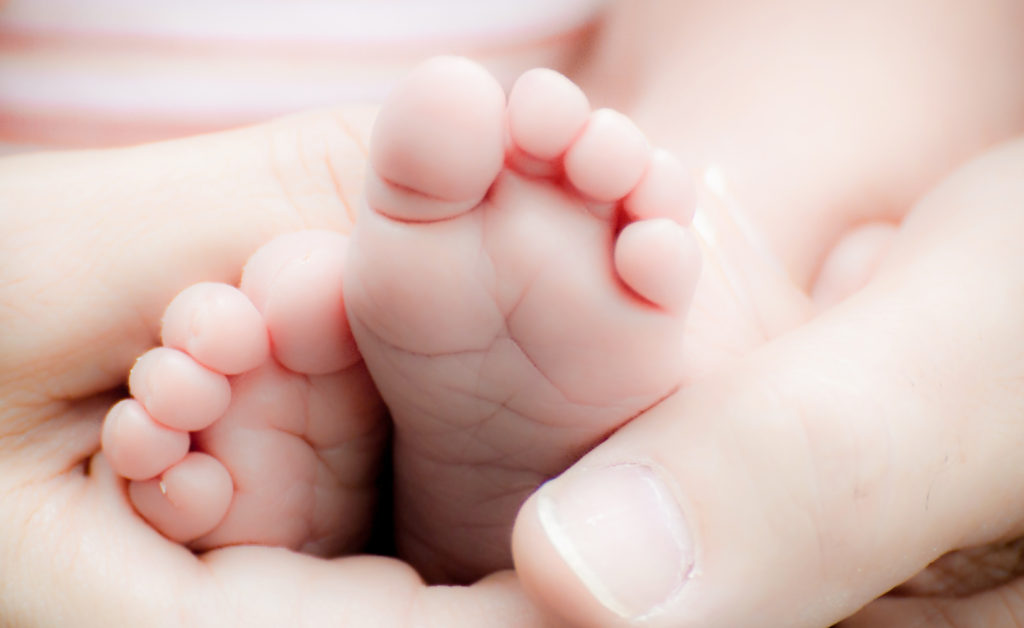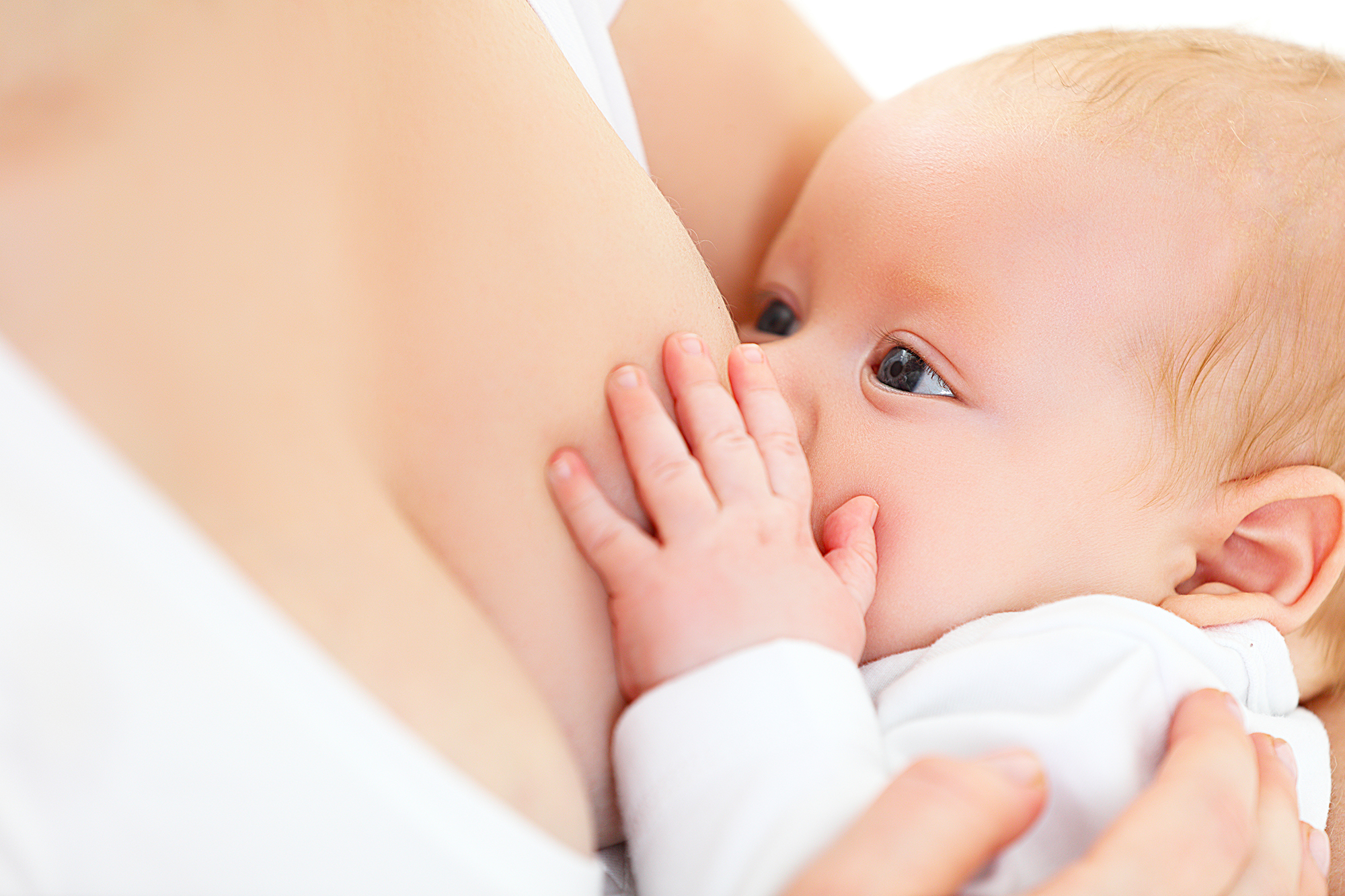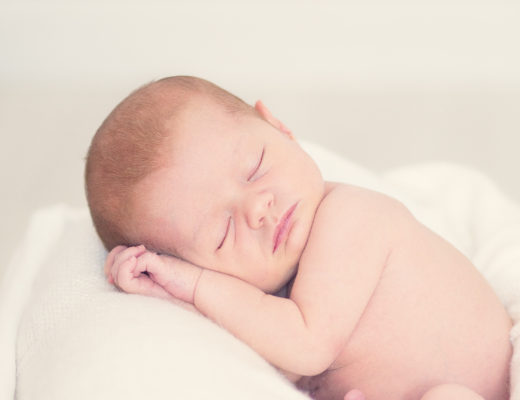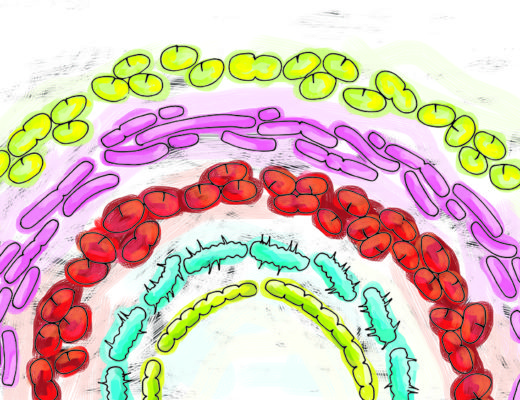We often hear that ‘breast is best’ because the antibodies in a mother’s milk protect her newborn from disease. But as beneficial as breastfeeding may be, babies get most of their maternal antibodies before birth. And premature babies? It’s a bit more complicated.
Antibodies are proteins that recognise foreign organisms in our body – like bacteria and viruses – and then help our immune cells to target and destroy them. When babies are born their underdeveloped immune system can’t make antibodies, but they get a set of these protective proteins from their mother through the placenta. This type of immune defence inherited in the womb is called ‘passive immunity’. Passive immunity lasts a few months, which is just enough time to protect newborns until they start producing their own antibodies at around 15 weeks.
Are breast milk antibodies also protective?
Humans have only one type of antibody in breast milk, and in any case, ingested antibodies can’t cross the gut wall into the blood circulation. So even though breastfeeding has many health benefits for children, the antibodies in a mother’s milk can only protect newborns against infections in the gut, such as diarrhea. Some mammals can get broad immune protection from breast milk antibodies, but passive immunity is crucial for survival in our microbe-ridden world. Petter Brodin, an immunologist at at the Karolinska Institute, in Sweden, says:
The protection to newborn children conferred by their mother through antibody transfer across the placenta before the baby can produce its own immunity is an evolutionary very well-conserved process”
So how do premature babies survive?
For a long time scientists believed that maternal antibodies were passed on to the foetus mostly during the third trimester of pregnancy (30-40 weeks), so everyone assumed premature babies must have very weak immunity. This explained why they’re prone to falling ill more often and more severely than infants born at term. But more recently scientists began suspecting this antibody transfer via the placenta starts much earlier in pregnancy.
Now, a new study published in Nature Medicine shows that premature and term babies are equally well protected by maternal antibodies at birth.

Christian Pou and colleagues at the Karolinska Institute collected blood samples from about 80 babies and their mothers and then identified their antibodies using a new technology (called VirScan) that detects over 93,000 different types of anti-viral antibodies. The results revealed few differences between the repertoires of maternal antibodies in premies and term babies.
The researchers also discovered that passive immunity in premature and term babies lasted for roughly the same amount of time (3 months), and it was as protective as their mothers’ immunity. Astonishingly, the newborns had nearly an identical set of antibodies as their mothers, just in lower amounts.
These unexpected results raise a new question: if premature babies have passive immunity, why do they get sicker than babies born at term?
One reason could be that preterm infants are at higher risk of infection because they spend so much time in intensive care units and have to use intravenous catheters and breathing tubes, which could be contaminated. It’s also possible that premies are generally weaker and less resilient to fight disease because of their low lung capacity and birth weight.
Understanding how the immune system develops during pregnancy is essential to prepare infants for those first crucial months immediately after birth. The problem is that blood samples from mother and newborns are very difficult to obtain. Previous studies have resorted to using either umbilical cord blood or mouse models, but this gives only an incomplete picture. Brodin, who is senior author in the study, says:
This is a virgin [research] area we haven’t really been pushing because of technical limitations in data generation with small volume samples. I think we have been able to overcome that.
The authors also suspect that maternal antibodies perhaps need to be chemically modified or processed during the late stages of pregnancy, so they might not be working properly in premature babies. Future studies are needed to test this hypothesis.
References:
Christian Pou et al. The repertoire of maternal anti-viral antibodies in human newborns. (2019) Nature Medicine
Madeleine Jennewein et al. Transfer of maternal immunity and programming of the newborn immune system. (2017) Seminars in Immunopathology




